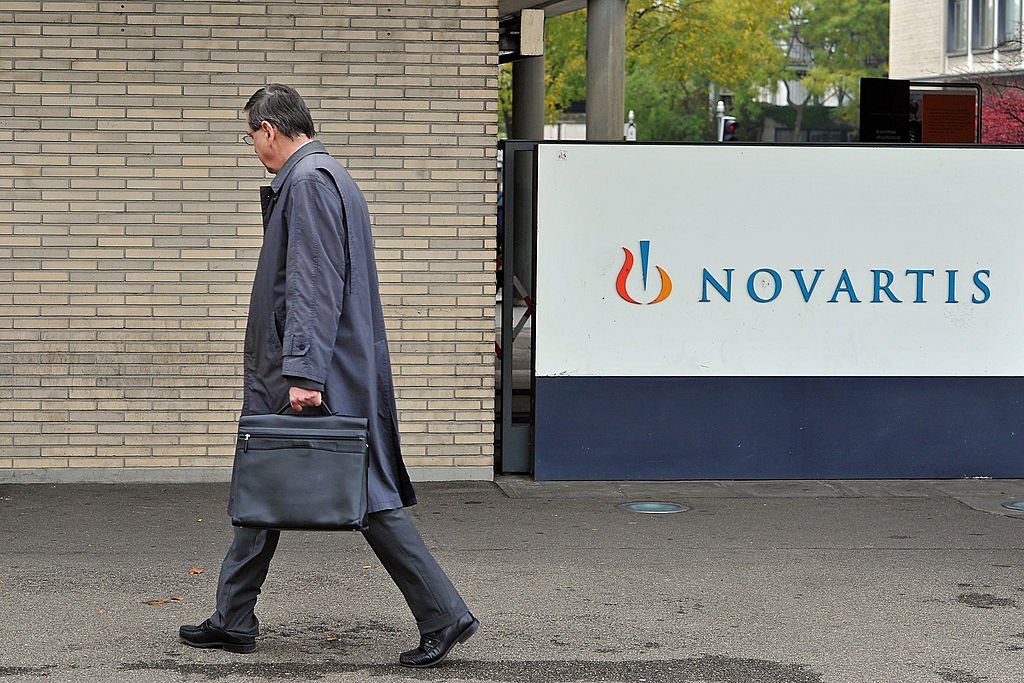Novartis axes secretive obesity program after high-risk, high-reward bet fails
2023-07-18
临床2期临床3期

Preview
来源: FierceBiotech
Novartis has dumped (PDF) its secretive, high-risk, high-reward obesity candidate after emerging from a phase 2 trial with lackluster efficacy. The Swiss drugmaker disclosed the termination alongside news that it is stopping development of a phase 3 pancreatic cancer candidate “based on benefit-risk assessment.”
Talking to investors in February, Novartis CEO Vas Narasimhan, M.D., named the obesity candidate, MBL949, as a high-risk, high-reward program. Narasimhan previously said the molecule has a “unique mechanism of action” and, if the phase 2 readout was positive, could spur a flurry of activity including the progression of earlier-stage candidates, development of combinations and “potential external opportunities.”
Now, disappointing efficacy data have kiboshed Novartis’ plans to put MBL949 at the heart of a broader push into obesity. The Big Pharma disclosed the change in a line in its financial results, revealing that the program was “discontinued due to lack of efficacy.” Novartis completed a phase 2 trial in May.
On an earnings call with analysts this morning, Narasimhan explained that the asset "ultimately did not have a compelling overall profile."
The CEO had previously declined to disclose the molecule’s mechanism of action, only telling investors it is “unique.” The second quarter update lists GDF-15 next to MBL949. GDF-15 has attracted the interest of other companies targeting obesity. Eli Lilly terminated a trial of a GDF-15 receptor agonistGDF-15 receptor agonist in response to “an insufficient benefit/tolerability ratio.” Johnson & Johnson outlicensed a GDF-15 analog in 2021.
On this morning's call, Narasimhan said Novartis does have preclinical programs "looking at novel mechanisms in the preclinical space in obesity and metabolism," but he stressed that these are still at a "very early" stage of development. Instead, when it comes to the cardiometabolic space, the Big Pharma's "focus is cardiorenal," he added.
The other high-profile casualty of Novartis’ second quarter clearout is NIS793. Novartis moved the drug candidate, a TGFB inhibitorTGFB inhibitor also known as niseovkitug, into a phase 3 trial as a treatment for first-line metastatic pancreatic ductal adenocarcinoma (mPDAC) in 2021. The study was scheduled to finish at the start of 2026.
However, Novartis is discontinuing development in mPDAC “based on benefit-risk assessment.” A phase 2 trial in colorectal cancer is continuing. ClinicalTrials.gov lists a colorectal cancer study of NIS793 with a primary completion date of May 2024.
Several other candidates included in the pipeline Novartis published in the first quarter are missing from the latest list of active programs. Fierce Biotech has contacted the company for further information on the status of the programs.
更多内容,请访问原始网站
文中所述内容并不反映新药情报库及其所属公司任何意见及观点,如有版权侵扰或错误之处,请及时联系我们,我们会在24小时内配合处理。
热门报告
立即开始免费试用!
智慧芽新药情报库是智慧芽专为生命科学人士构建的基于AI的创新药情报平台,助您全方位提升您的研发与决策效率。
立即开始数据试用!
智慧芽新药库数据也通过智慧芽数据服务平台,以API或者数据包形式对外开放,助您更加充分利用智慧芽新药情报信息。





